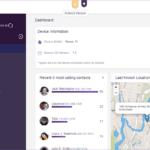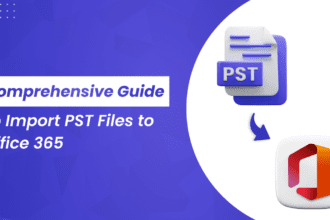
The Indian labour law refers to laws, rules and regulations, regulating labour in the country. These laws came about to protect workers at every level in India, not discriminating on the type of work performed. Their protection was supposed to be handled by the Central and State Governments, however, since labour isn’t as easily defined and turned into a larger task, needed a separate department.
A business licence is also called the Shops and Establishment licence, and multiple combinations of these works are permits issued by the government allowing people or companies to run in specific areas under the jurisdiction of that government. In some cases, this might be done by the Central Government and in others by the state Government.
Depending on the type of company, there are often multiple licenses to be applied for, and getting the Shop Licence is a good start for fast-tracking the process.
How did the Shops and Establishment Act come about?
Across India, there are specific rules regarding work conditions, which might vary slightly depending on state Governments. The main reason for this is to create equal advantages for different employees doing diverse types of work, whether in shops, residential hotels, commercial establishments like restaurants, theatres or other public amusement or entertainment places.
These rules cover a wide spectrum:
- Work Duration: Guidelines for daily and weekly hours.
- Work Distribution: How work hours are spread out.
- Rest and Meal Breaks: Details about intervals for breaks.
- Operating Hours: Specific opening and closing times.
- Holidays and Off-Days: National, religious, and closures.
- Employee Protection: Rules for children, young individuals, and women.
- Overtime: Policies regarding extra work hours.
- Leave Entitlements: Maternity, annual, sickness, and casual leave.
- Employment Conditions: Terms for hiring and termination.
- Documentation: Obligations for maintaining records.
- Notices and Obligations: Requirements for both employers and employees.
These regulations aim to create a balanced and fair work environment for everyone involved, ensuring clarity and protection for both employers and employees.
Some factors determining the details of a license are the number of employees, type of business, whether sole proprietor or corporation, the amount paid in salaries, and location of the premises. Government agencies can fine or shut down businesses operating without the necessary licenses.
What records should be maintained by places of work?
Before beginning any work, businesses must get all the right approvals from the Department of Labour. They have to maintain all their information including details of employment, fines, deductions and advances, salaries of all employees, and their leave policy with holidays under the Shop act, through a regularly updated register.
Although many details might vary from state to state, some information is directly related to the specific companies, and general details stay the same across the country. Overall, files related to annual holidays and the number of employees must be submitted to the Municipal Corporation annually.
All business entities must be registered compulsorily under this act within 30 days of the commencement of work. They can begin functioning while the documents and certificates are submitted and evaluated. Many additional licenses require the shop’s registration as proof of commercial business.
The shop’s registration license comes in handy for most financial processes and bank work. Business owners have to furnish this license to open a current account along with the PAN card of either the business owners or the business itself, a copy of the rental agreement or sale deed, and details of all employees.







